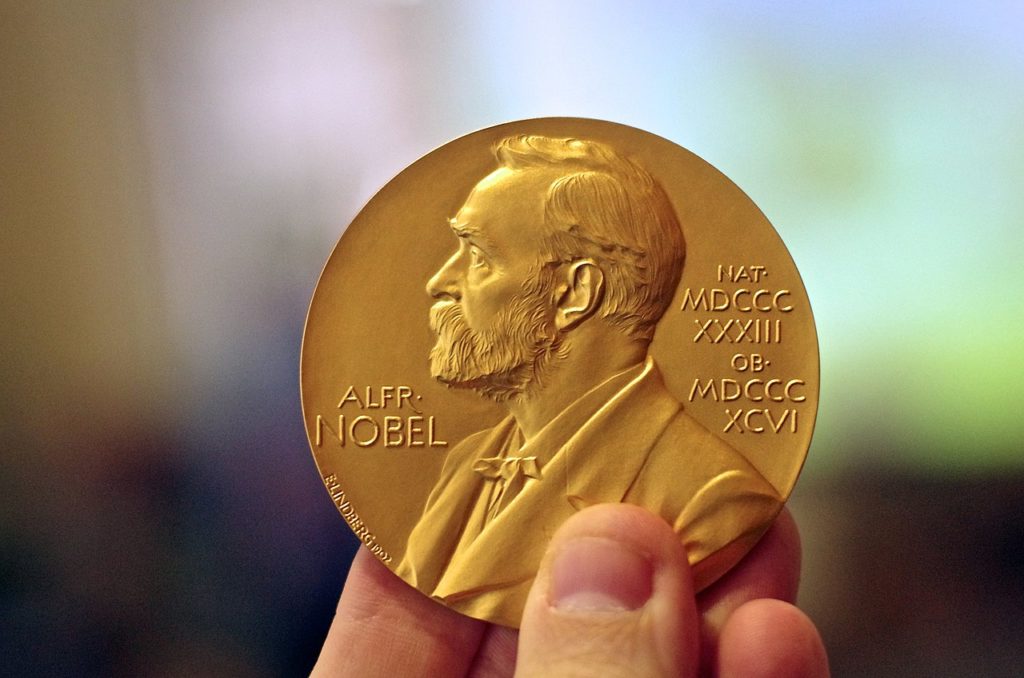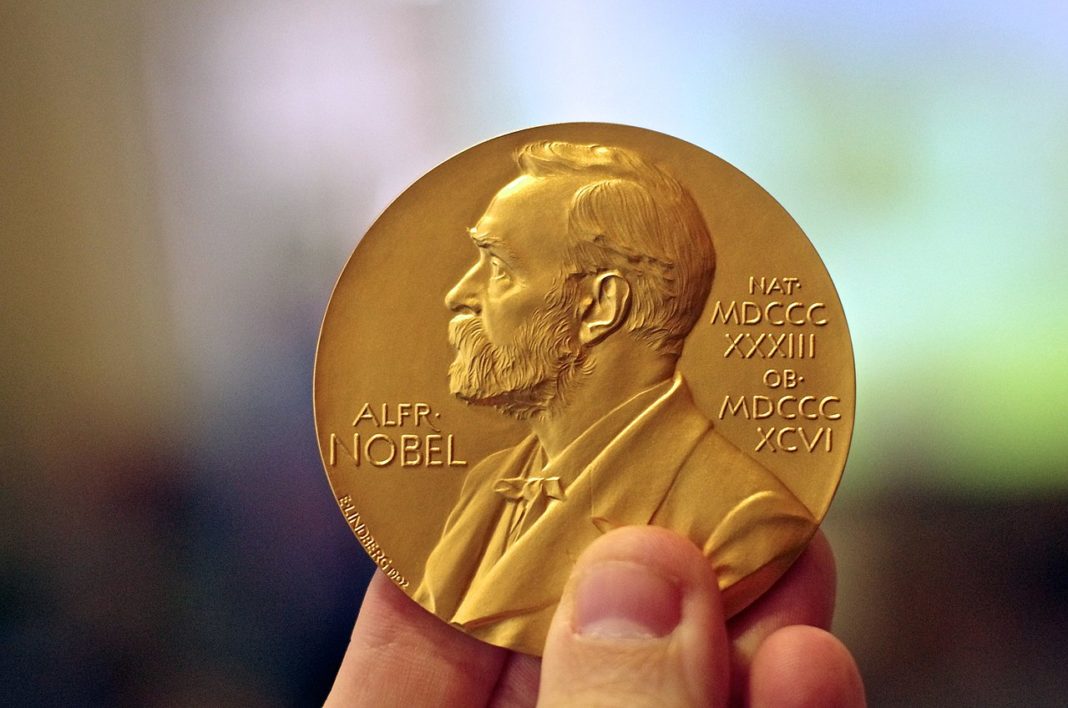Through their findings on how mRNA interacts with our immune system Hungary’s Kariko and US’ Weissman “contributed to the unprecedented rate of vaccine development during one of the greatest threats to human health in modern times,” the Nobel jury in Stockholm said.

It’s the second year in a row that the medicine Nobel Prize is awarded to researchers who have been tackling questions regarding the novel coronavirus pandemic. In 2022, the award went to Swedish scientist Svante Paabo whose discoveries concerning Neanderthal DNA provided key insights into the human immune system, including vulnerability to severe COVID-19.
The Nobel Prize is considered the most prestigious award in the fields in which it is conferred. The prize money this year was increased by 1 million to 11 million kronor (just over $1 million) due to the Swedish currency having significantly depreciated this year.
The Nobel Prize in Physiology or Medicine has been awarded 114 times since the inaugural one in 1901. There have been 227 recipients including this year’s winners, but Kariko is only the 13th woman to receive the accolade. The number of female Nobel laureates in the natural sciences is low, because for a long time women weren’t allowed to study medicine, physics or chemistry. Even once they were, many saw women as unfit, and female researchers’ work received a lot less recognition than that of their male colleagues — a problem that female scientists still sometimes encounter today.
Kariko and Weissman’s discoveries would be invaluable during the COVID-19 pandemic; in part thanks to their research findings, two base-modified mRNA vaccines were developed at record speed.
According to dw















